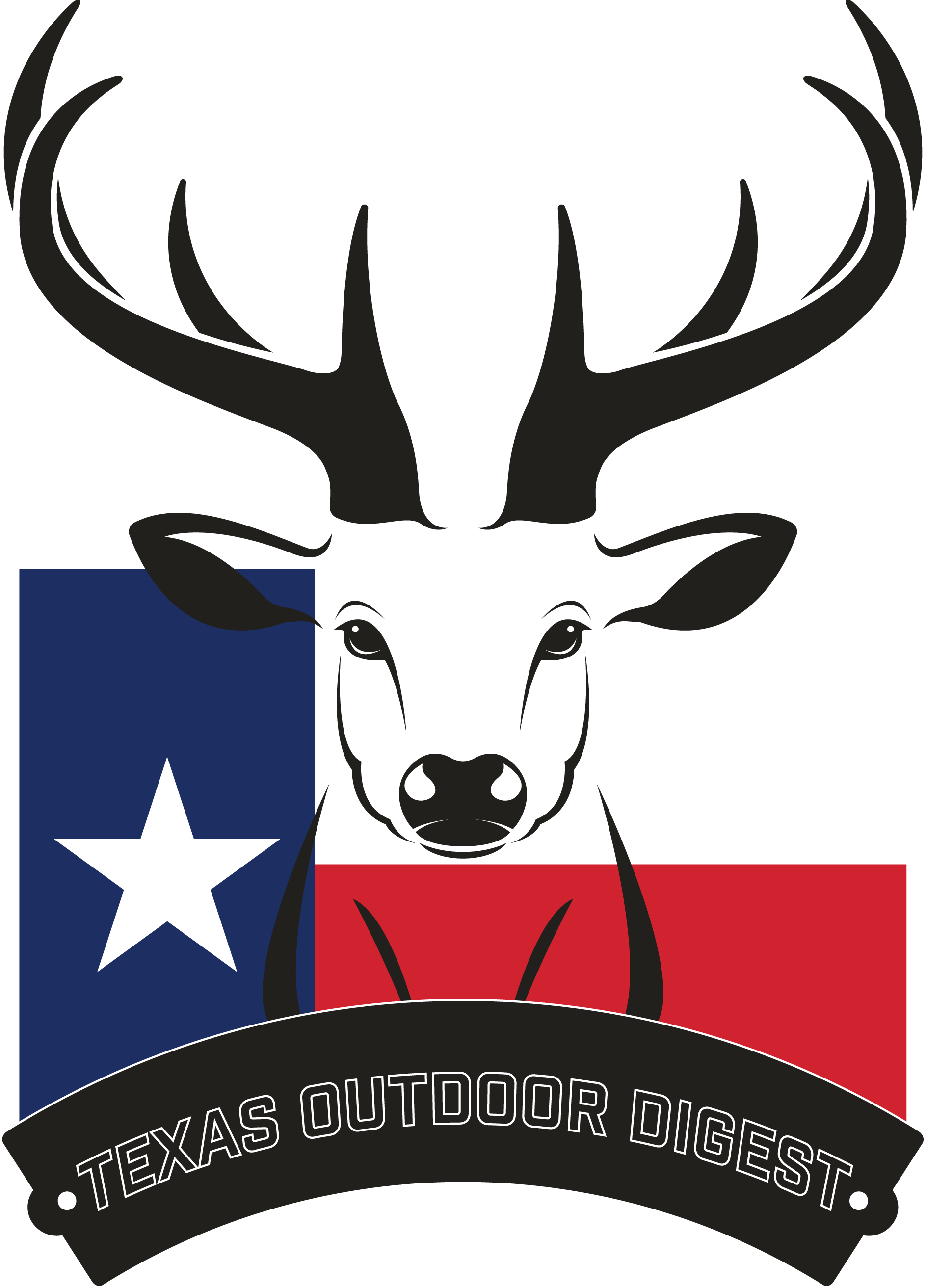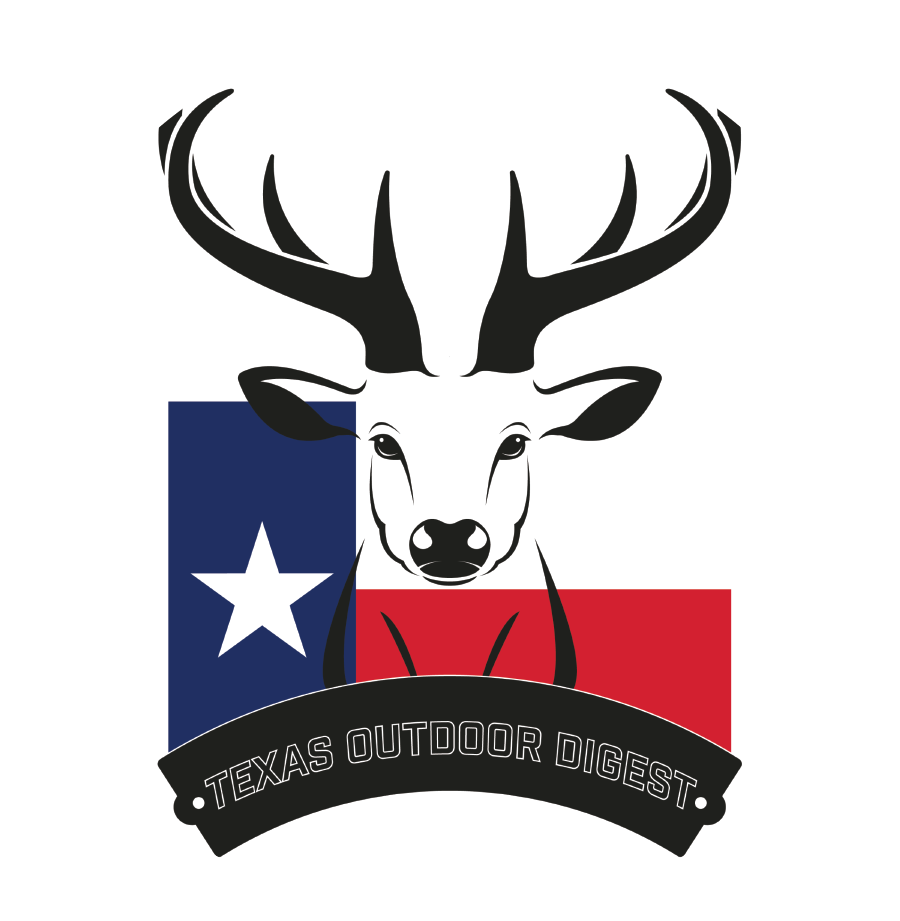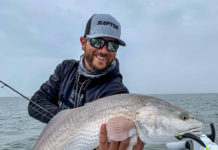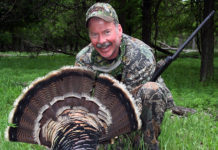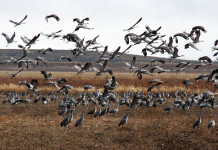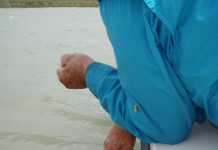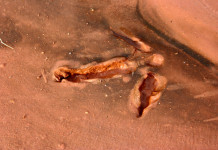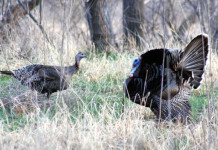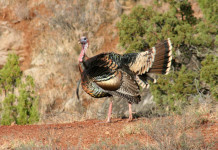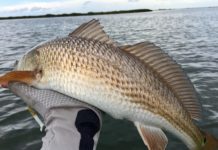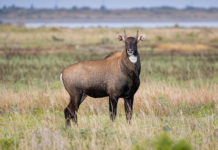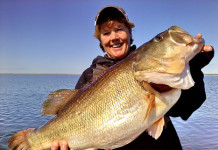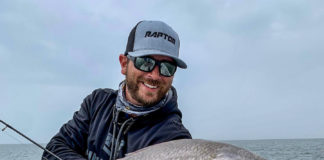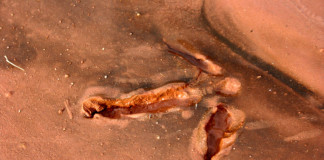The Daily Texas Outdoor Digest is sent to your inbox to keep you up to date about hunting, fishing, conservation and outdoors pursuits making headlines and going viral in the Lone Star State and beyond. It’s free, so subscribe today!
Here’s what’s worth reading today, Monday, September 16, 2019:
Texas hounds chase down rhino poachers in South Africa: Two years ago, Joe Braman was living a regular family life with his wife and two daughters on his remote ranch in southern Texas. A part time cop, businessman, and cowboy, he’d never given a thought to the rhino poaching crisis in South Africa. But in May 2018, Braman and his free-running hounds were sprinting across the acacia plains close to Kruger National Park chasing armed rhino poachers. To date since then, according to authorities, his hounds have helped law enforcement teams in the greater Kruger region catch an unprecedented 145 poachers and confiscate 53 guns, boosting the overall rate of successful arrests and providing a new strategy to fight poaching in Africa. “Just think about it,” Braman says. “If you spun a globe and threw a dart and it stuck, what’s the odds you’ll find a low-key guy in southern Texas’s coastal bend gettin’ picked to stop the extinction of a species?”
Popular Texas fishing spot closing this month: The Rollover Pass manmade channel along the Gulf of Mexico will close this month due to erosion concerns after more than 60 years as a popular Texas fishing and tourism spot. The Texas General Land Office announced a $7.4 million contract with Brizo Construction. Fencing should be installed by the end of September and work is expected to be completed by April. Rollover Pass on Bolivar Peninsula, near Galveston, opened in 1955 as a dredging project to improve water quality and salinity and help with fish migration.
New law adds to hunters’ convenience as dove season opens in RGV: Fields and pastures across the Rio Grande Valley echoed with the reports of hundreds of shotguns Saturday as hunters across South Texas looked to the sky, hoping to harvest their limit of birds on the opening day of regular dove season. Richard Kotzur, one of those hunters, and his German shorthaired pointer, Hoss, set up on a field of sesame stubble just south of McCook late Saturday afternoon, arriving just before the dove did. Kotzur, shotgun in hand, squinted at the horizon while Hoss impatiently sat in his shadow, whining and growling frustratedly. Occasionally, Hoss would dart out of the shade and start bounding about the field, prompting Kotzur to admonish him for wearing himself out before the shooting started. Clearly, Hoss was ready to start hunting.
Hunters say Idaho is getting crowded, so Fish and Game seeks to cap nonresident tags: In an effort to address complaints of overcrowding, the Idaho Fish and Game Commission hopes to cap the number of nonresident hunter tags sold while simultaneously increasing nonresident hunter fees. Nonresident hunter fees account for 57% of the Idaho Department of Fish and Game’s license revenue. “It is obviously a significant part of our portfolio,” said Michael Pearson, the IDFG chief of administration. “So in order to offset the impact of less nonresidents (they’re proposing) a fee increase. So less nonresidents, but each is paying more.”
Florida expands python fight; 1,000 apply to become hunters: It’s not a high-paying job, but more than 1,000 people want the chance to kill pythons in Florida’s Everglades. The South Florida Water Management District Governing Board agreed Thursday to double its number of hunters who are trying to eradicate invasive Burmese pythons from 25 to 50. More than 1,000 are waiting for the chance. The district will choose based on level of experience, willingness to commit time and familiarity with the Everglades, water management spokesman Randy Smith said. The going rate: $8.65 an hour, with extra bounties depending on the length of the snake. It’s an additional $50 for the first 4 feet and $25 for every foot thereafter. Hunters who catch pythons that were guarding eggs can collect an extra $200.
Debate over big game trophy hunting continues: An American hunter is now allowed to bring home the carcass of a lion he killed in Africa. This is the first time a lion trophy has been approved for import into the US since the animal was listed as a “threatened species” under the Endangered Species Act three years ago. CNN’s Polo Sandoval reports the debate over trophy hunting continues.
California becomes first state to ban fur trapping: California became the first state to ban commercial fur trapping, ending the practice nearly 200 years after animals like beavers and otters introduced the American West to international trade. Democratic Gov. Gavin Newsom said he signed a bill into law making it illegal to trap animals for the purposes of recreation or to sell their fur. It is still legal to trap animals for other purposes, including pest control and public health. Before the gold rush put California on the map, it was fur traders who first flocked to then far-flung Mexican territory in search of the area’s plentiful population of beavers, minks and badgers. The so-called fur rush made fur trappers a recognizable symbol of the Old West. But in recent years, California licenses for fur trappers have declined considerably. In 2018, the California Department of Fish and Wildlife said it sold 133 licenses, leading to the harvest of 1,568 animals and the sale of 1,241 pelts. A legislative analysis of the bill noted most furs are sold outside California, with data suggesting there have been no fur sales in the state for the past three years.
Anglers should know when to stay, when to go: You have probably heard it said that 10% of the water contains 90% of the fish. On any given day there will be a whole lot of water that does not contain the fish you want to catch. Successful fishing involves the ability to eliminate unproductive water and find fish, and the best anglers do that well. If you own a boat and the latest electronics, those absolutely will help you find fish faster. Take the time to learn how to use your electronics and get the most out of them.
Stay in the Know With The Daily Texas Outdoor Digest
If you haven’t subscribed yet, there’s no better time than right now (We hate spam and we won’t share your information with anyone. That’s just not cool):
